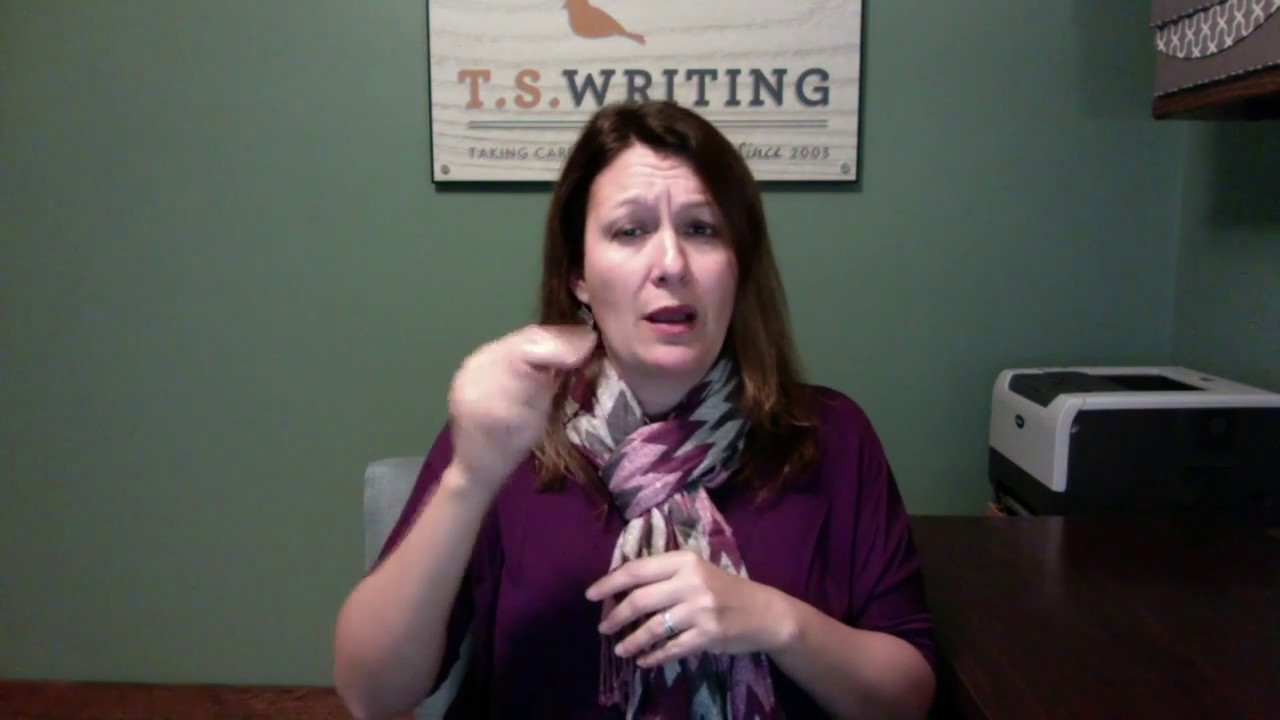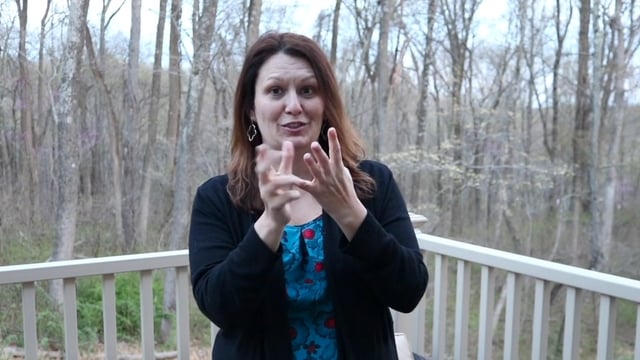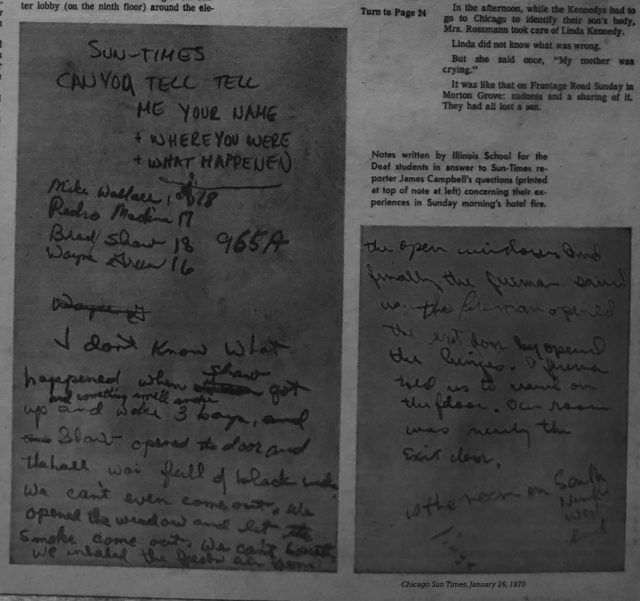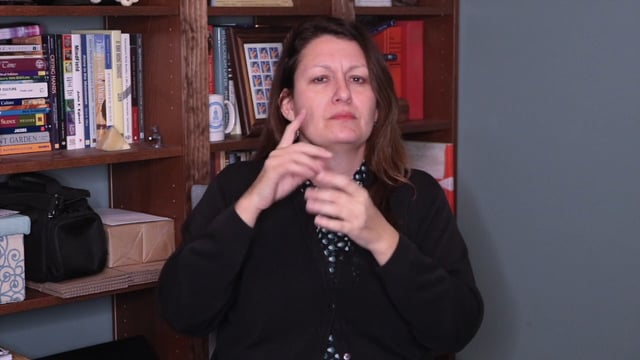This article originally appeared at i711.com.
A couple of weeks ago, I chatted with a friend who said, “Ah, that event isn’t worth attending; it’s mostly most grassroots deaf people…” The friend meant no offense, but I knew that s/he meant those who weren’t necessarily college-educated or cultured—in other words, not the type of people s/he would socialize with.
I wrote an article in July 2003 discussing the word “grassroots.” I wrote back then, “Maybe it’s me, but when I think of grassroots deaf people, I think of people at bowling events, sporting events, and smoke-filled deaf clubs—people who I grew up with and socialize with today. These people usually don’t give a damn about conferences or university receptions; they just want to make ends meet and to have a good life.”
Hmm. While that stereotype persists today, I now think it’s somewhat inaccurate. I’ve come to change my views of what characterizes “grassroots” in the Deaf community and elsewhere. Educated people often label those who are uneducated—whatever that means—and not always socially refined as “grassroots.” I’ve done that myself, shamefully. This, of course, is terribly wrong and misleading.
Let’s look at the history of grassroots as provided by answers.com:
An 1876 book about the Black Hills says that “gold is found almost everywhere, in the bars, in the gravel and sand of the beds, even in the ‘grass roots,'” that is, the soil just below the surface. But by the turn of the century we thought of grass roots as more than just a place to dig. Beneath the visible blades of grass, keeping the grass alive and making it grow, are the simple roots. Getting down to grass roots meant looking at the “underlying principles or basic facts of a matter,” in the words of Charles Earle Funk, the lexicographer, who remembered the phrase from his Ohio boyhood in the late 1800s. It was in the grass roots where you could truly understand a situation and effectively respond to it. Politicians often presented themselves as getting down to grass roots. They also talked about themselves, and the measures they favored, having support from the grass roots, that is, from their constituents–ordinary people, the salt of the earth. Grass roots lobbying takes the form of letters, phone calls, and visits from these constituents.
Indeed. The definition I used in my 2003 article was from a dictionary on my shelf: The ordinary people in a community or the ordinary members of an organization, as opposed to the leadership. And here’s another from www.dictionary.com: People or society at a local level rather than at the center of major political activity. The groundwork or source of something.
Okay. Based on these definitions, I’m a grassroots Deaf person—something I’ve always maintained I was. After all, I was born into the Deaf community and have generations of Deaf relatives behind me. Besides, like I said, I grew up at bowling alleys and in Deaf clubs. Heck, I spent the first five years of my life in a trailer park. I’m not always at the forefront of political activity, nor do I always actively get involved with organizations. I think I’m as ordinary as they come.
So why does the mention or use of “grassroots deaf” automatically conjure up negative, grimy images of Deaf people who aren’t cultured, educated or “up there among the ranks?” This is probably one of many things that hurts the Deaf community as a whole, especially when we’re trying to bring about change in various ways. There is so much emphasis on developing leadership within the Deaf community that we forget that we need non-leaders, too. With only leaders and no non-leaders, we have no collective strength.
Think about it. Let’s use videophones as an example. The value of videophones has absolutely exploded within the Deaf community, and the majority of users are those labeled grassroots by “educated people”—and those educated people are usually in positions of leadership, whether it be at the local, state or national levels. They’re also often videophone users themselves. But without the ordinary videophone users, the impact of videophones may not have been as strong, and video relay service providers know this. That’s why they’ve targeted everyday citizens in their marketing campaigns and succeeded.
Once organizations for Deaf people begin developing activities that start at the grassroots level, we’ll probably see further major changes and strengthening of services. Maybe then we’ll be able to really see a difference in equality and accessibility in our lives, grassroots or not.
Copyrighted material, used by permission. This article can not be copied, reproduced, or redistributed without the written consent of the author.




